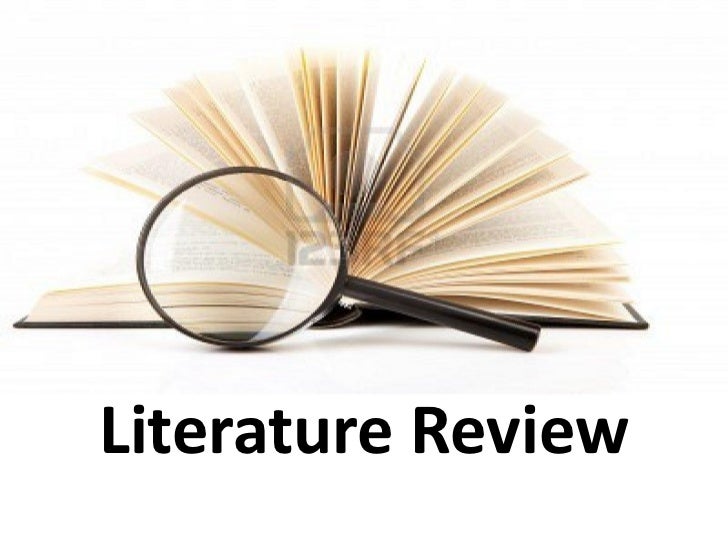
The step that you have to do in writing a Literature Review is knowing about "what is your discussion about". here is an example about Hospitality Languages in General use:
1. Blue G. M., & Harun M. (2003). Hospitality
Language as a Professional Skill
a.
Purpose
T Hospitality Language to communicate between hosts and
guests from different linguistic background in Hospitality language.
T Interviews with hotel staff reveal that some
hospitality skills could be developed through in-service training.
b.
Result
T Argues that particular patterns of language are
associated with host-guest interaction.
T Corresponding to the different stages of the
arrival–departure hospitality cycle may be termed ‘hospitality language.
T The concluding section recommends that communication
skills be given more serious attention by human resources managers, researchers
and educators in the field of hospitality management.
c.
Theoretical
Foundation
T Kasavana. (1993). the ‘Guest Cycle’ in Hospitality language as a professional skill,
p. 424
T Brown, P., & Levinson, S. (1987). Politeness: some
universals in language usage. Cambridge: Cambridge University Press.
T Blanton, D. (1981). Tourism training in developing
countries: The social and cultural dimension. Annals of Tourism Research, 8,
116–133.
T Jones, P., & Lockwood, A. (1989). The management
of hotel operations: an innovative approach to the study of hotel management.
London: Cassell.
2. Shieh W. (2012). Hotel Employees’ Perception on Their
Workplace English Use: An Example From Taiwan
a.
Purpose
T To Know the HEPA (Hotel English Performance
Assessment) framework, a 40-item questionnaire was developed to probe
employees’ communicative performance at workplace.
T As the demand for hospitality personnel trained to
deliver high-quality guest service in English continues to grow, such
proficiency cannot be promoted without first analyzing carefully what the needs
for workplace
b.
Result
T The results aid an understanding concerning the gaps
between hotel English needs and employees’ self-assessed performance.
T The results aid an understanding concern to contribute
to help to draw up the criteria needed to strengthen employees’ language
proficiency
T The results aid an understanding concern to improve
quality service in the international hotels.
c.
Theoretical
Foundation
T Blue, G. M., & Harun, M. (2003). Hospitality
language as a professional skill. English for Specific Purpose, 22, 73-91.
T Harun, M. (1998). English at the hotel counter: A
discourse analysis of hospitality language (M.A. dissertation, University of
Southampton)
T Wang, L. L. (2001). Professional competencies required
for food and beverage employees working front of the house in international
tourist hotels (Doctoral dissertation, National Normal University, Taipei,
Taiwan).
T Douglas, D. (2000). Assessing languages for specific
purposes. Cambridge: Cambridge University Press.
3. Sirikhan S., & Prapphal K. (2011). Assessing
Pragmatic Ability of Thai Hotel Management and Tourism Students in the Context
of Hotel Front Office Department
a.
Purpose
T Effective and appropriate communication in the hotel
business needs more than linguistic knowledge.
T Assess students’ pragmatic ability in the context of
the hotel Front Office department
T Study whether the levels of English proficiency have a
significant effect on pragmatic ability, and investigate similarities and
differences of linguistic forms related to pragmatic ability produced by the
students with different levels of English proficiency
T Study the errors that interfere with the students’
pragmatic knowledge. The subjects were 90 fourth-year Thai university students
related to hospitality services
b.
Result
T The findings revealed that the FOP-Test could
distinguish the students’ pragmatic ability into high, average, and low levels;
T there was a significant effect as a result of the
levels of English proficiency on pragmatic ability; and the linguistic features
that differentiated the students’ pragmatic abilities, in all groups, were the
use of politeness markers and address forms;
T Students produced pragmatic failures, in both pragma
linguistics and sociolinguistics. These errors were perceived as
ineffectiveness and inappropriateness in hotel staff and guest communication.
c.
Theoretical
Foundation
T Blue, G.M., & Harun, M (2003). Hospitality
Language as a Professional Skill. English for Specific Purposes 22: 73-91.
T Diethelm Travel’s Thailand Tourism Review. Diethelm
Travel’s Tourism RoundTable: Bringing the Experts Together. Available from:
http://www.bangkokpost.com/tourismreview2006/21.html [January 11,2008]
T Ruiz Garrido, M.,
& Iborra, S. (2006). Why Call It
Business English If We Mean English for Tourism? Some Reflections. ESP SIG Newsletter.
December: 9-12.

Tidak ada komentar:
Posting Komentar